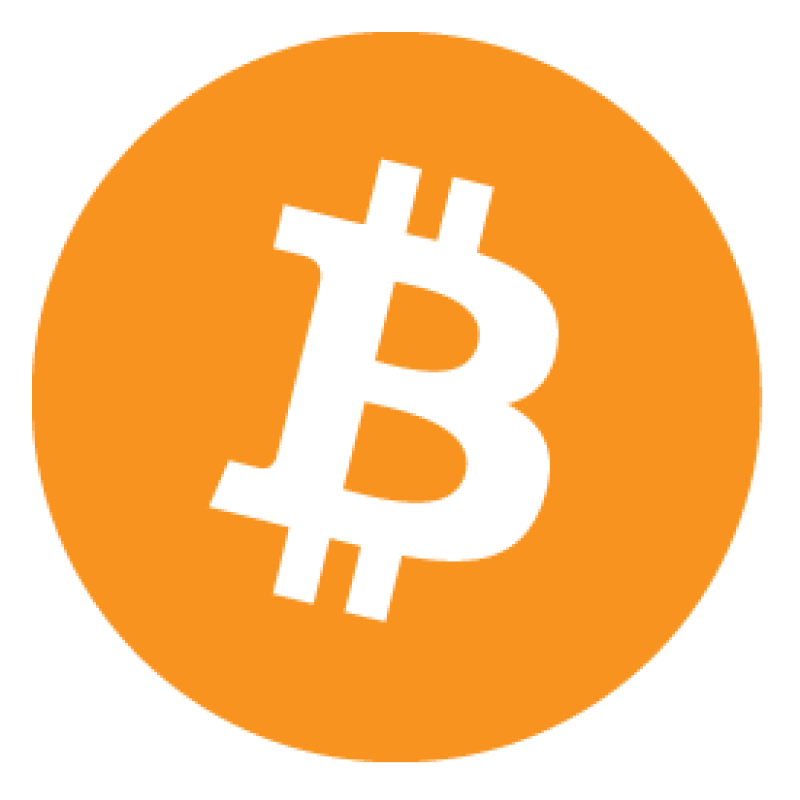
|
Bitcoin is the world's least underground underground currency, with more and more people and organisations becoming aware of it. This time last year its price was volatile, fluctuating between $600 and $800 after breaking the $1,000 barrier for the first time in November 2013. The price at the time of writing stands at around $375 per bitcoin. Created in 2009 by Satoshi Nakamoto – a pseudonym for a person, or possibly a group of people – bitcoins are released by "mining". The process involves using computers to complete complex mathematical equations, with 25 new bitcoins being released roughly every 10 minutes.
The fact that the currency can be 'won' by anyone – either individuals, companies or syndicates – is central to its anonymous nature. It is a purely online currency meaning that once an individual has secured their bitcoins – either through mining or, more commonly, through buying them – there are no transaction fees, no need for banks to be involved and they are not traceable.
While this gives them a perhaps deservedly shady reputation as an ideal currency for purchasing drugs or money laundering, it also makes them useful for small businesses to avoid credit card fees. Bitcoins can be used to buy an increasing amount of goods and services, from a range of online services to home-delivered pizza.
Bitcoin is no longer something nobody has heard of: it generates serious financial interest. Michel Barnier, then the EU commissioner for financial services, spoke out against the currency in July, and some countries, including Russia, China and Denmark, have banned trading in it altogether.
Moving in the other direction is Finland, which in November made a ruling which moved Europe closer to legitimising bitcoin as a currency by stating that commission fees charged on bitcoin purchases by exchange market were banking services under the EU VAT Directive – and thus VAT exempt.
The EU is considering its classification and treatment of digital currencies after Sweden referred a question to it in June regarding their classification.
Further reading |
The Global Tax 50 2014 |
||
|---|---|---|
| Gold tier (ranked in order of influence) 1. Jean-Claude Juncker 2. Pascal Saint-Amans 3. Donato Raponi 4. ICIJ 5. Jacob Lew 6. George Osborne 7. Jun Wang 8. Inverting pharmaceuticals 9. Rished Bade 10. Will Morris Silver tier (in alphabetic order) Joaquín Almunia • Apple • Justice Patrick Boyle • CTPA • Joe Hockey • IMF • Arun Jaitley • Marius Kohl • Tizhong Liao • Kosie Louw • Pierre Moscovici • Michael Noonan • Wolfgang Schäuble • Algirdas Šemeta • Robert Stack Bronze tier (in alphabetic order) Shinzo Abe • Alberto Arenas • Piet Battiau • Monica Bhatia • Bitcoin • Bono • Warren Buffett • ECJ Translators • Eurodad • Hungarian protestors • Indian Special Investigation Team (SIT) • Chris Jordan • Armando Lara Yaffar • McKesson • Patrick Odier • OECD printing facilities • Pier Carlo Padoan • Mariano Rajoy • Najib Razak • Alex Salmond • Skandia • Tax Justice Network • Edward Troup • Margrethe Vestager • Heinz Zourek |
||









